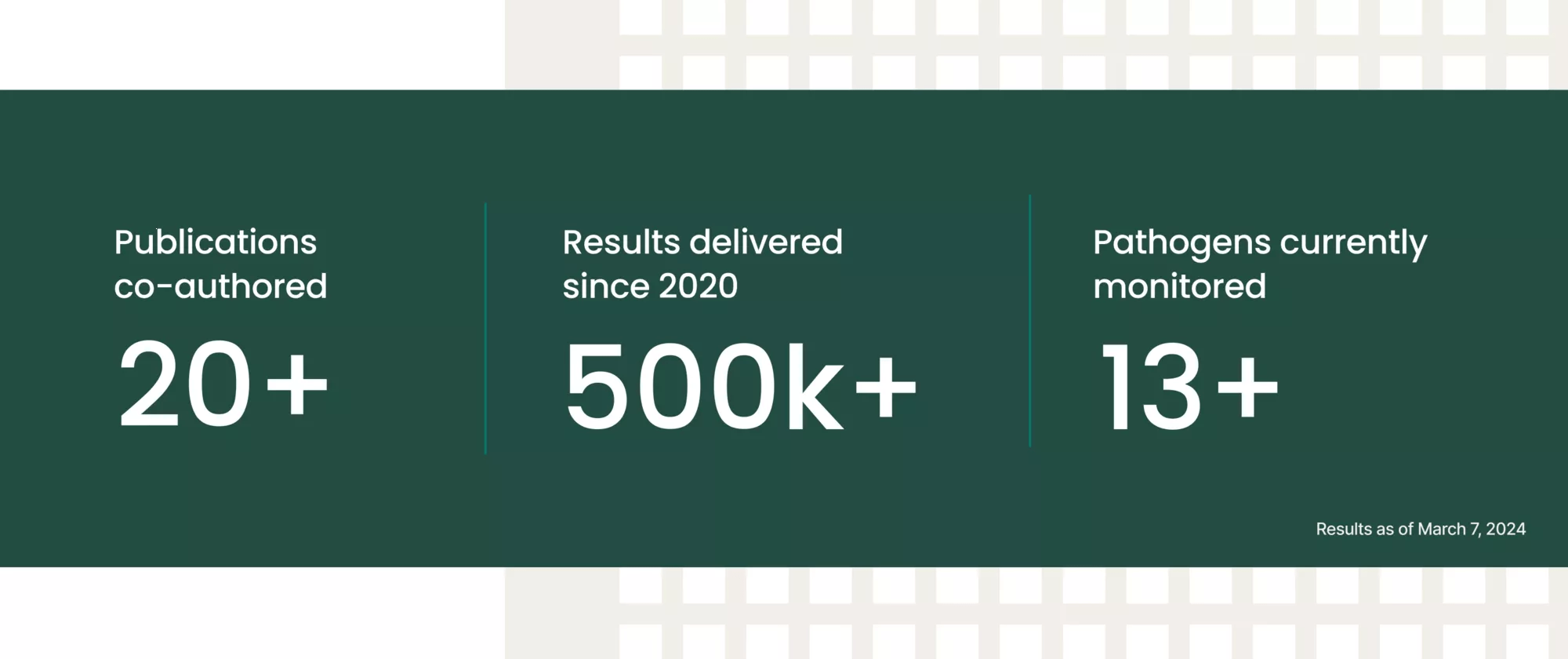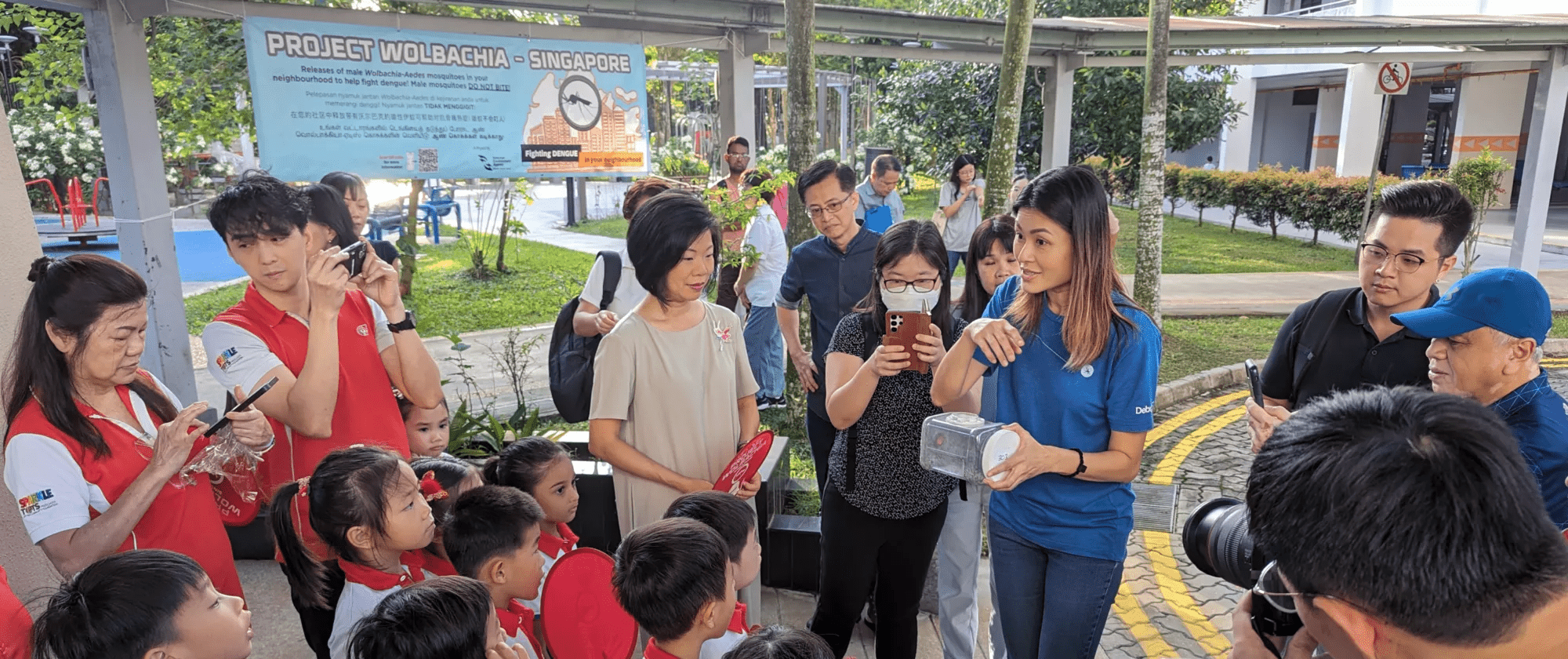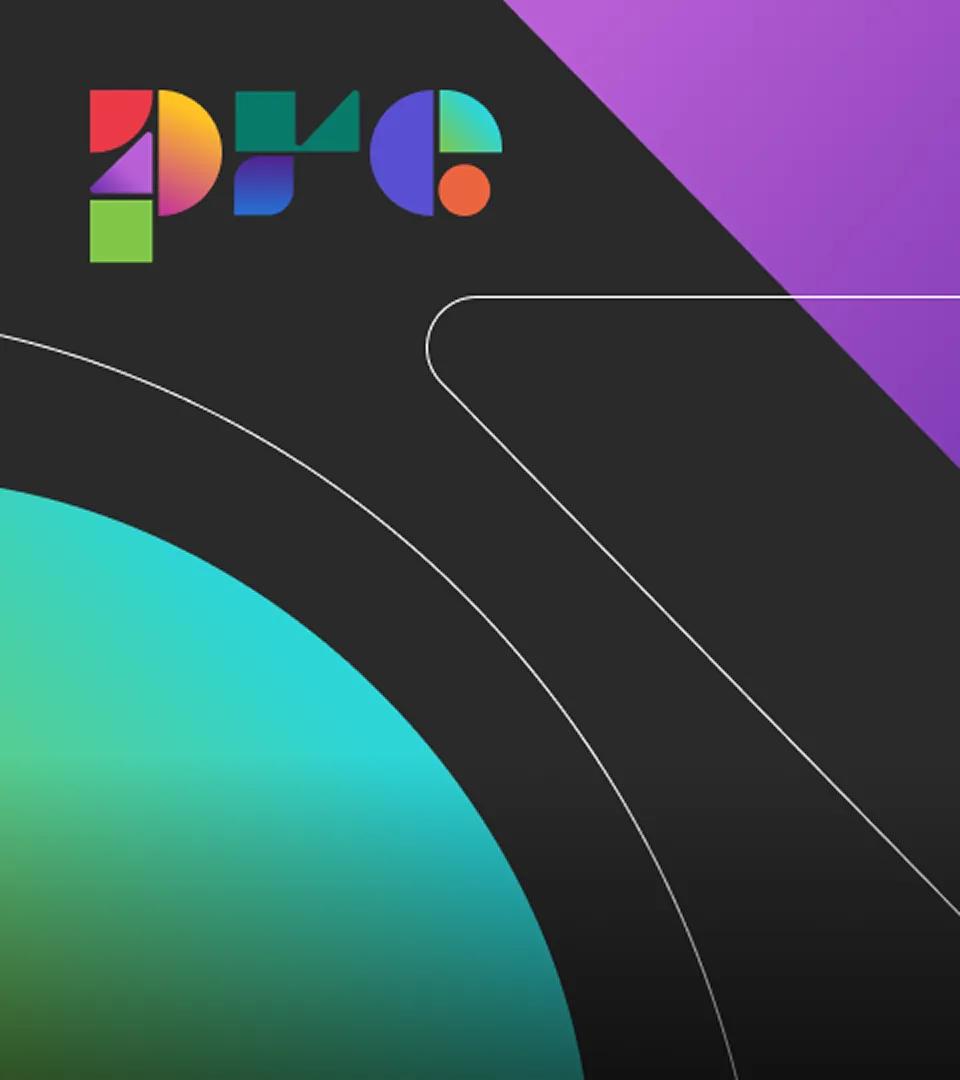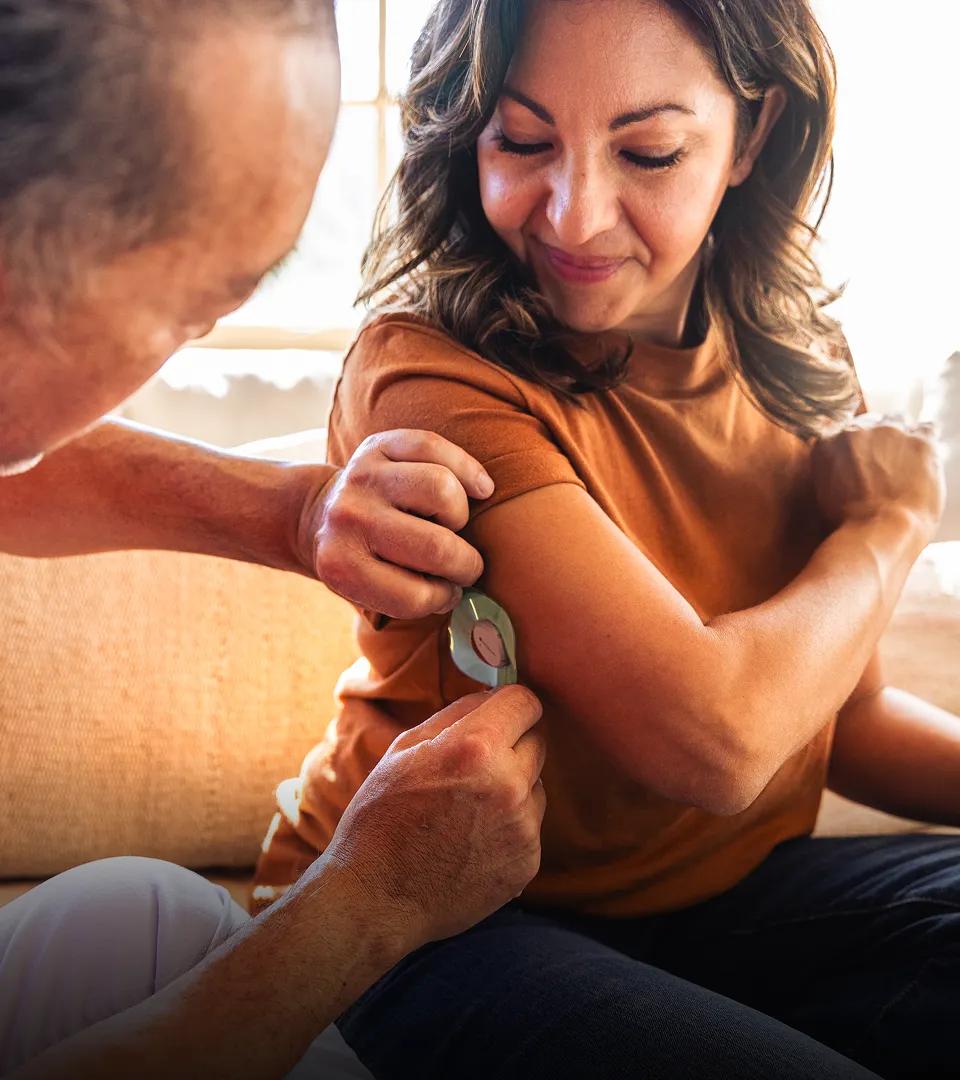Verily Sightline — a new horizon in public health
Today Verily launched Sightline — reframing our public health portfolio of solutions, and strengthening our commitment in public health, globally. With two current offerings, wastewater-based epidemiology and mosquito-borne disease protection, Sightline helps researchers, communities and governments better inform and implement local and national responses by enabling detection and mitigation of disease at a population level.
Verily looks at precision health across all aspects of health — public health included. You can’t separate the individual from their community. The places where we work, play, eat and live are the surroundings that enable health. Sightline expands views of public health through leading technologies that more quickly detect and effectively mitigate diseases, setting the stage for scalable advancements for controlling infectious disease around the world.
Near real-time data for faster response
As leaders in the laboratory science behind wastewater-based epidemiology, Verily Sightline Wastewater offers logistics and surveillance to test for pathogens present in wastewater, allowing for timely monitoring and detection to inform faster and more precise public health actions. Verily supports hundreds of sites across the United States, each sending samples to our lab for analysis and an automated, efficient digital return of pathogen concentration. The result: In days, through just hundreds of wastewater sites, we’re providing health insights for tens of millions of people.
The Wastewater team has co-authored over twenty scientific papers, delivered over 500,000 results to facilities and public health departments across the United States, and currently analyzes samples for over 13 pathogens (outputs as of March 22nd, 2024).
Our work with the CDC
In 2023, Verily was awarded a multi-year contract by the Centers for Disease Control (CDC) to support the agency’s National Wastewater Surveillance System (NWSS) wastewater testing services by quantifying the pathogen levels in samples from up to 400 wastewater sites nationwide. The NWSS was originally launched in September 2020 to coordinate and build the nation’s capacity to track the presence of SARS-CoV-2. The program has since expanded with Verily to cover more pathogens, such as mpox, influenza and RSV.
Leveraging Verily’s team of lab technicians, scientists and logistics experts, the program is generating data that enables national, state, tribal, local and territorial public health departments to identify outbreaks and better understand disease trends enabling prompt initiation of appropriate interventions.
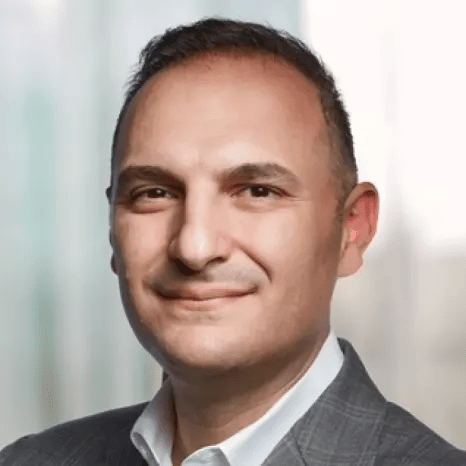
The data provided by Verily’s work with the CDC will be transformative for public health interventions that will affect individual care across the US.
Andrew Trister, MD, PhD, Chief Medical and Science Officer at Verily
Fighting mosquito-borne diseases
Partnering with scientists, communities and governments, Verily Sightline Debug uses advanced technology to make a difference with one of the most challenging global public health problems — the spread of mosquito-borne diseases. Debug rears and releases incompatible, “good” male mosquitoes that have a naturally-occurring bacteria called Wolbachia to reduce “bad” disease-spreading mosquito populations. This helps combat the spread of mosquito-borne diseases that affect millions of people every year, such as dengue.1
Debug’s positive public health impact is growing. Following positive results from the production and release of male Wolbachia Aedes aegypti in Tampines and Marine Parade in Singapore, Debug is supporting the expansion of Project Wolbachia in Singapore to cover five new residential sites of 130,000 households by end of March, 2024. This advancement expands Singapore Project Wolbachia total coverage from 26% to 35% of households.
Proactively providing data to improve public health
At Verily, we recognize that taking greater action at the population level requires considering new ways of generating data in order to understand health risks, and then leveraging those data to be more proactive. By building solutions to strengthen all communities, we have an ability to understand and reach people who have been historically underserved, including those who engage less with healthcare systems. Through Verily Sightline, we’re excited about supporting our customers and partners with faster and more inclusive public health data and interventions, promoting health and well-being for more people worldwide.
Source(s)
- Dengue and severe dengue. The World Health Organization. Updated March 17, 2023. Accessed January 24, 2024. https://www.who.int/news-room/fact-sheets/detail/dengue-and-severe-dengue

